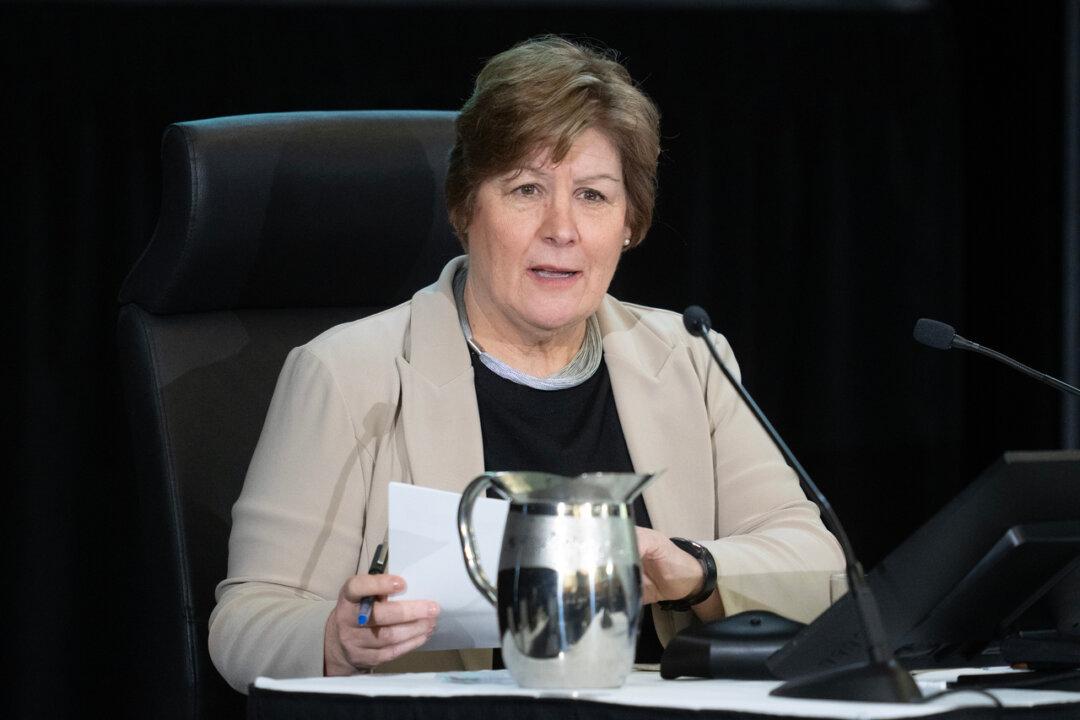Canada’s foreign interference commission has announced it is taking submissions from the public.
The window is open until July 31.

Canada’s foreign interference commission has announced it is taking submissions from the public.
The window is open until July 31.